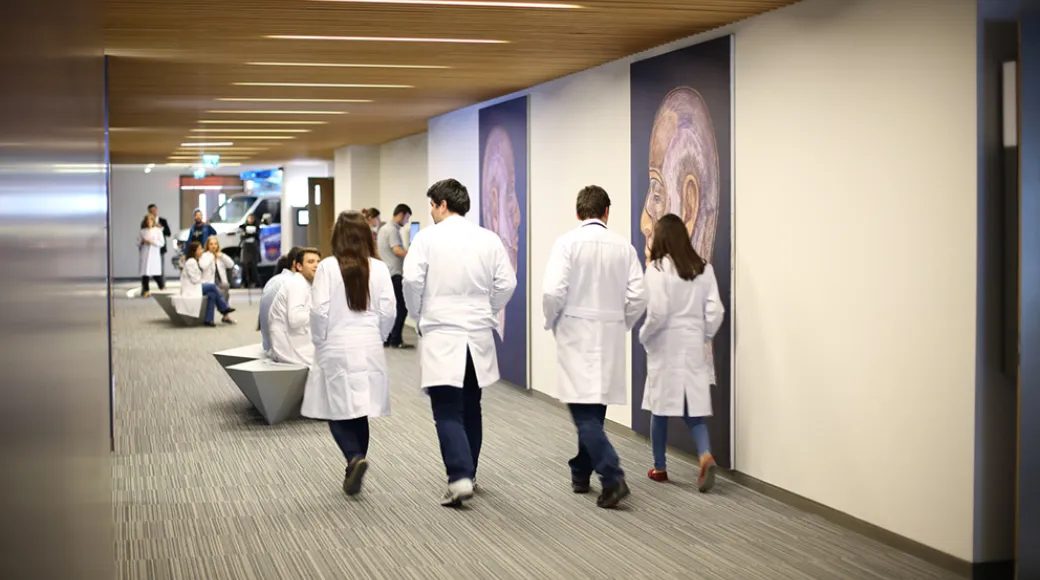Today, developments in medical science have gained great speed with the advancement of genomic technologies. Personal genetic infrastructure is now at the forefront in the diagnosis and treatment of diseases. The main theme of this program will be to conduct research at the international level using translational methods and technologies, to produce knowledge, provide education, create scientific outputs useful for the clinic, contribute to society with its studies for production and service sectors, continuous self-development in the fields of research, education, and service. Prospective Ph.D. students will focus intensively on the use of translational technologies in medicine, identifying genetic causes that may explain susceptibility and/or resistance to diseases, developing in vitro, in vivo, and/or in silico models that can be used for diagnostic and/or therapeutic purposes, identifying gene or protein networks and targeting central genes/proteins in addition to the single gene-single target approach in the treatment of diseases, and will gain the ability to identify preclinical targets that will pave the way for innovative personalized treatment options, to reveal multiple treatments "combinatorial targeting" options, to determine microbiome profiles that can guide the diagnosis or treatment of diseases, and to develop gene therapy approaches using genome editing technologies. With the help of these skills, it is aimed to provide the student with the necessary skills to conduct independent research in the field of "Translational Medicine", interpret and analyze scientific problems and data from a broad and deep perspective, and to reach new syntheses.
Uğur ÖZBEK, Prof., MD
Head of Department


